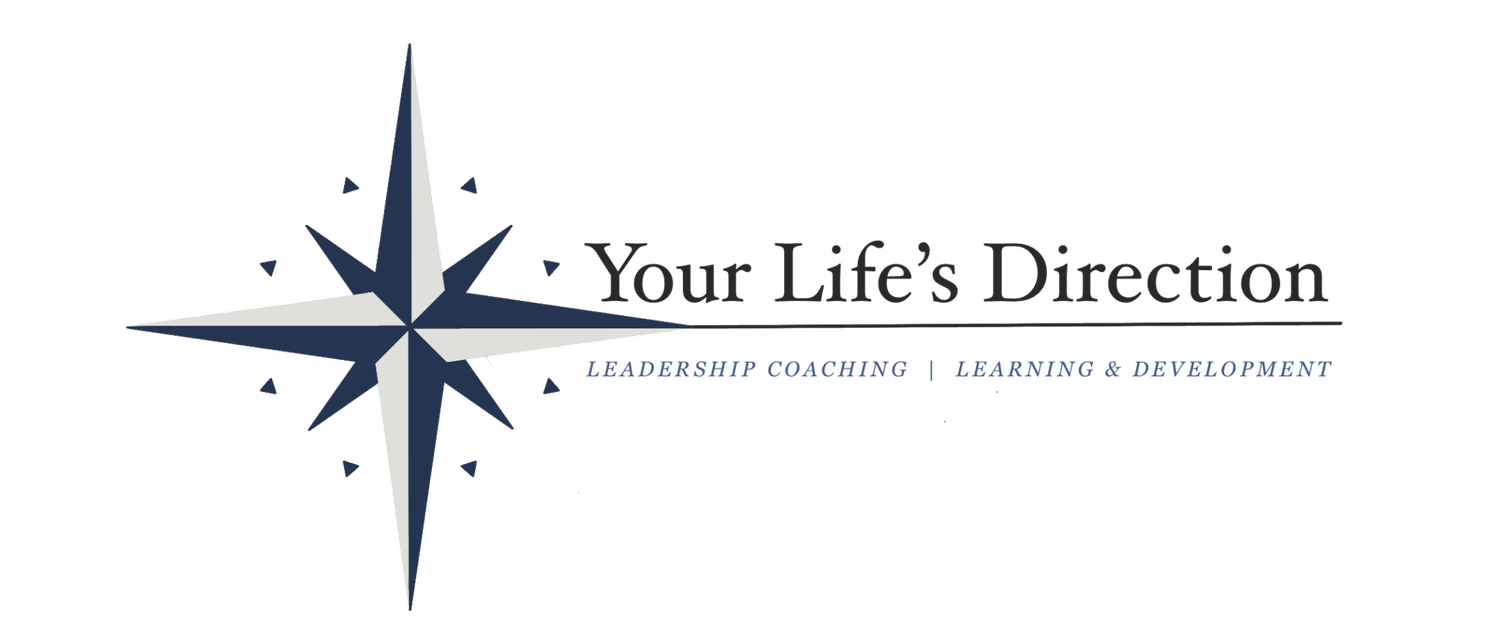Your Emotional Intelligence Will Set You Apart
In the past few weeks, it seems like I have heard a lot about the need for emotional intelligence. Coupled with my personal interest in the topic, I have read articles on the subject and even purchased a book that I am currently gripped by. Considering everything I have read and studied, the one fact that has stuck with me is that only 36% of the world’s population is emotionally intelligent. What’s even more compelling is that 95% of HR managers and 99% of the workforce identify emotional intelligence as a must-have skill for every team member. For those astute in advanced mathematics, this means that the majority of everyone working today is lacking a skill most believe everyone must have.
As I reflect on the facts and statistics I have been immersed in lately, it seems to me that emotional intelligence is needed now more than ever before. As the modern world evolves, leaders must grow and develop, and organizations must react with an agility that allows for quick pivots and changes in direction. Multiple studies have shown that people with strong emotional intelligence have higher levels of success, better relationships, and improved mental health. But these same studies would also indicate then, that the workforce is unskilled and inept in responding effectively. This need to understand self and others, to act with empathy, to embrace ideas that aren’t your own, and the ability to navigate a landscape of differing thoughts and opinions, is a skill set vacant in today’s businesses.
Studies indicate that emotional intelligence is an important factor that affects many aspects of life. It determines how successful people are in their relationships and in their careers. Statistical evidence clearly shows that people with higher levels of emotional intelligence tend to be more successful and achieve better results. Therefore, it is essential to focus on improving your emotional intelligence to increase your chances of success.
There are many ways to improve emotional intelligence. In this post, I’d like to consider the practice of mindfulness. Mindfulness is the deliberate and intentional focus on what is happening now. It is an active exploration of thoughts and emotions with acknowledgment and acceptance of what is discovered. Profoundly impactful in its practice, mindfulness allows for an objective exploration of those thoughts and emotions. When acknowledgment and acceptance replace judgment, understanding and then choosing to move forward in perhaps different and more effective ways becomes possible. Stopping long enough to investigate and consider, can lead to increased awareness and reflective self-management, both components of emotional intelligence.
With this regular practice of putting yourself emotionally and mentally where you are physically, curious and reflective brain pathways allow us to be fully present with ourselves. When this happens, leaders loosen their imagination to explore and consider what could be. It is in this place that leaders can choose a different response the next time, to be far more effective than their own limiting beliefs have allowed to this point. To be fully present in the moment allows leaders to choose tomorrow something different than they did today. It is only by increasing their emotional intelligence that leaders and team members set themselves apart to exercise the needed skills to deal with the demands of the modern world.
